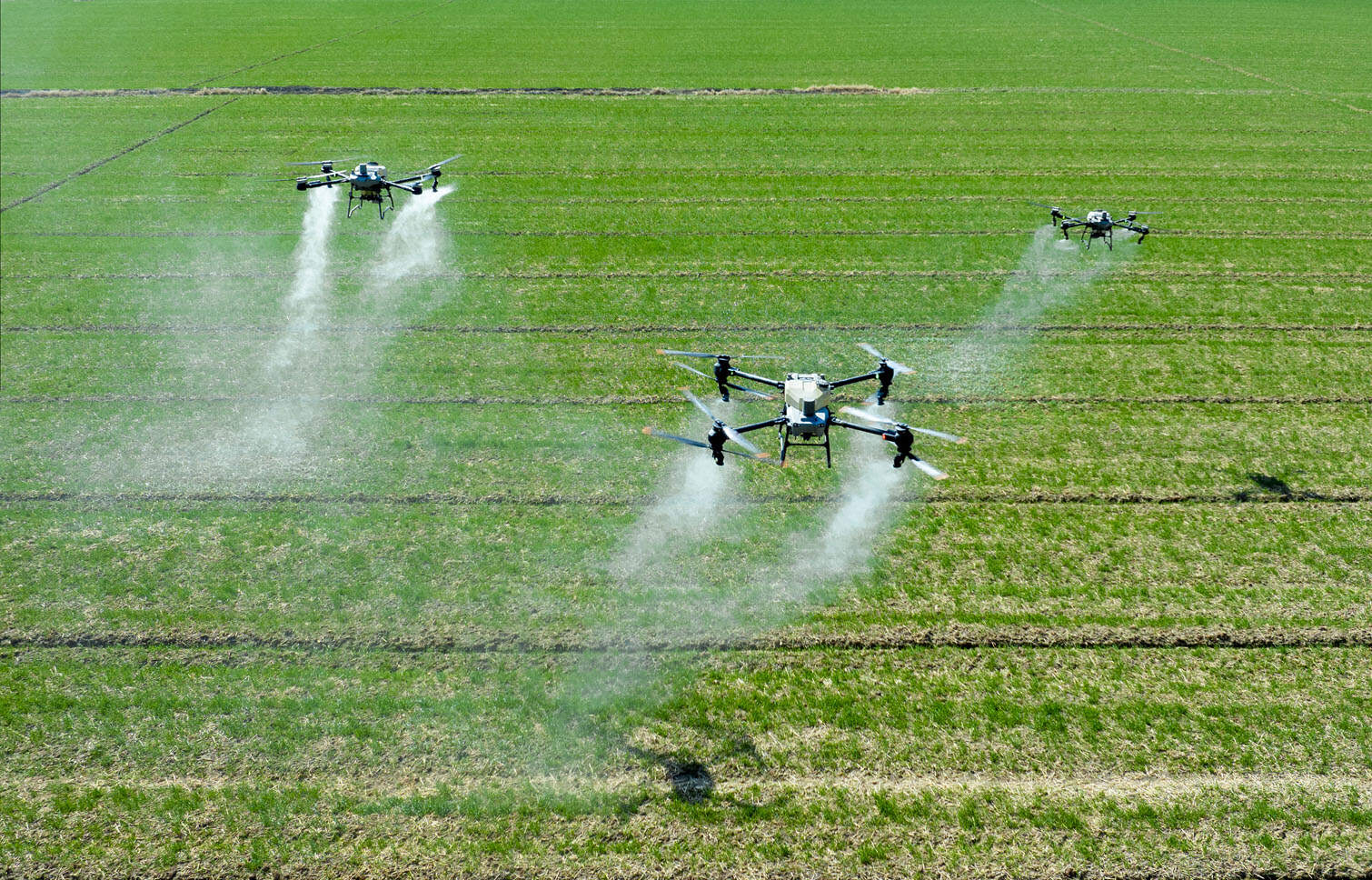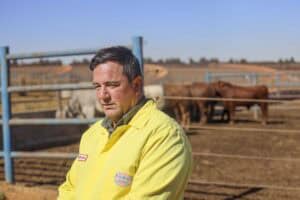Drones have become popular among photographers and are increasingly being deployed in a number of uses.

The transport department has published a draft strategy document requiring that all drones or remotely piloted aircraft systems (RPAS) distributed or sold in South Africa be registered.
The department presented the proposal in a document titled Draft Airfreight Strategy for South Africa 2025, which outlines a comprehensive plan for strategic interventions to enhance the country’s air freight industry.
Action items
Drones or RPAS have become extremely popular among photographers and are increasingly being deployed in the security, agricultural and entertainment sectors.
In the document, the department listed several action items expressing concerns that drones are operating in a disorderly manner, with drones and drone operators not properly registered, resulting in growing infringements of civil airspace and a lack of public awareness about drone operations.
“To ensure controlled access and distribution of RPAS, establish an electronic register for all RPAS distributed or sold in South Africa. “In addition, all RPAS of determined minimum specifications must be installed with a device to monitor and track it,” the action item said.
ALSO READ: Embracing the power of drones to revolutionise farming practices
Drone ecosystem
The department said consultations during the review of the Draft National Comprehensive Aviation Policy (NCAP) emphasised the need for a comprehensive drone “ecosystem” based on the risk categorisation approach referred to.
“This would comprise tighter control of access to, at least, certain types of drones and a Rica-type registration of drones and operators/owners.
“Drones’ access to controlled airspace needs to be managed, probably through remote identification/tracking and automated airspace exclusion, supported by a digital application and implementing UAS traffic management (UTM),” the department said.
Operators
The department said drone corridors would be defined, approved, and established under the National Airspace Committee (Nascom).
“Individual operators can apply to have corridors designated (demand-driven), or corridors can be established on a supply-driven basis. Drone ‘highways’ should be considered on routes that connect major economic hubs with first/last-mile legs, the responsibility of individual operators to apply for.
“Corridors must ideally be public good facilities with open access, avoiding a spaghetti of single-user corridors,” it said.
Regulations
The department said the use of drones in air freight is still in its infancy, but is an area where new operational models are being actively explored.
“Regulation in South Africa does not accommodate the characteristics of drone operations. The industry should not be held back by unnecessary regulation,” the department said.
“The main strategy implications related to drones include the organisation of drone-specific airspace, the risk-based categorisation of drone operations and actioning other aspects of a drone ecosystem.”
The Civil Aviation Authority (CAA) will be tasked with designing, creating, and maintaining the national drone register.
Airfreight
The potential of drones must be harnessed to expand and modernise the air freight supply chain. it said.
Drones are increasingly being considered for various purposes, including air freight such as parcels, food and blood delivery, and the transportation of cargo in general.
The department said the regulatory framework needs to support the evolution of RPAS while ensuring sufficient levels of safety and security.
However, it said efforts to integrate RPAS into civil airspace will exclude fully autonomous, unmanned aircraft in the near future.
NOW READ: [REVIEW] Huawei GT6: Great battery, but is it an Apple Watch killer?
Support Local Journalism
Add The Citizen as a Preferred Source on Google and follow us on Google News to see more of our trusted reporting in Google News and Top Stories.








